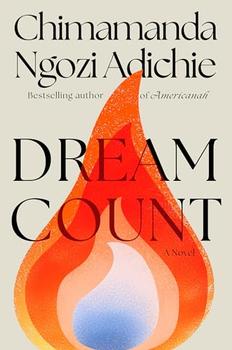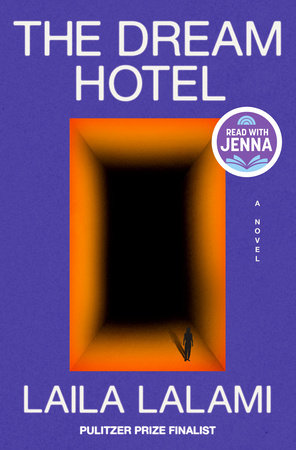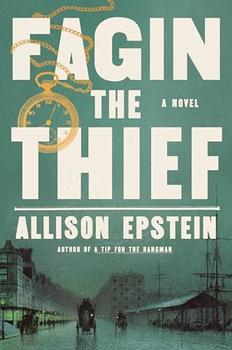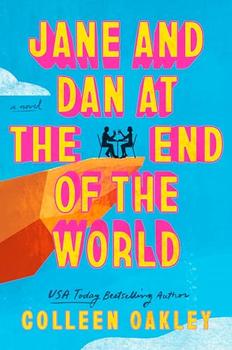Summary | Excerpt | Reviews | Beyond the Book | Readalikes | Genres & Themes | Author Bio

Peace Not Apartheid
by Jimmy Carter
One promising development came in May 2006 when Marwan Barghouti, the most popular and influential leader of Fatah, joined forces in an Israeli prison with Abed al-Halak Natashe, a trusted spokesman for Hamas, in endorsing a two-state proposal that could unite the two Palestinian factions. Their influence is enormous. The prisoners' proposal called for a unity government with Hamas joining the PLO, the release of all political prisoners, acceptance of Israel as a neighbor within its legal borders, and an end to violent acts within Israel (but not in Palestinian territory). It endorsed the key U.N. resolutions regarding legal borders and the right of return.
With public opinion polls indicating a 77 percent rate of approval, President Abbas first proposed a referendum among Palestinians on the prisoners' proposal, and then both Hamas and Fatah accepted its provisions.
Although a clear majority of Israelis are persistently willing to accept terms that are tolerable to most of their Arab neighbors, it is clear that none of the options is attractive for all Israelis:
The bottom line is this: Peace will come to Israel and the Middle East only when the Israeli government is willing to comply with international law, with the Roadmap for Peace, with official American policy, with the wishes of a majority of its own citizens -- and honor its own previous commitments -- by accepting its legal borders. All Arab neighbors must pledge to honor Israel's right to live in peace under these conditions. The United States is squandering international prestige and goodwill and intensifying global anti-American terrorism by unofficially condoning or abetting the Israeli confiscation and colonization of Palestinian territories.
Copyright © 2006 by Jimmy Carter. Reproduced with permission of the publisher, Simon & Schuster. All rights reserved.



Raising Hare
by Chloe Dalton
A moving and fascinating meditation on freedom, trust, and loss through one woman's friendship with a wild hare.

The Dream Hotel
by Laila Lalami
A Read with Jenna pick. A riveting novel about one woman's fight for freedom, set in a near future where even dreams are under surveillance.

Fagin the Thief
by Allison Epstein
A thrilling reimagining of the world of Charles Dickens, as seen through the eyes of the infamous Jacob Fagin, London's most gifted pickpocket, liar, and rogue.

Girl Falling
by Hayley Scrivenor
The USA Today bestselling author of Dirt Creek returns with a story of grief and truth.

Jane and Dan at the End of the World
by Colleen Oakley
Date Night meets Bel Canto in this hilarious tale.

The Antidote
by Karen Russell
A gripping dust bowl epic about five characters whose fates become entangled after a storm ravages their small Nebraskan town.
At times, our own light goes out, and is rekindled by a spark from another person.
Click Here to find out who said this, as well as discovering other famous literary quotes!
Your guide toexceptional books
BookBrowse seeks out and recommends the best in contemporary fiction and nonfiction—books that not only engage and entertain but also deepen our understanding of ourselves and the world around us.